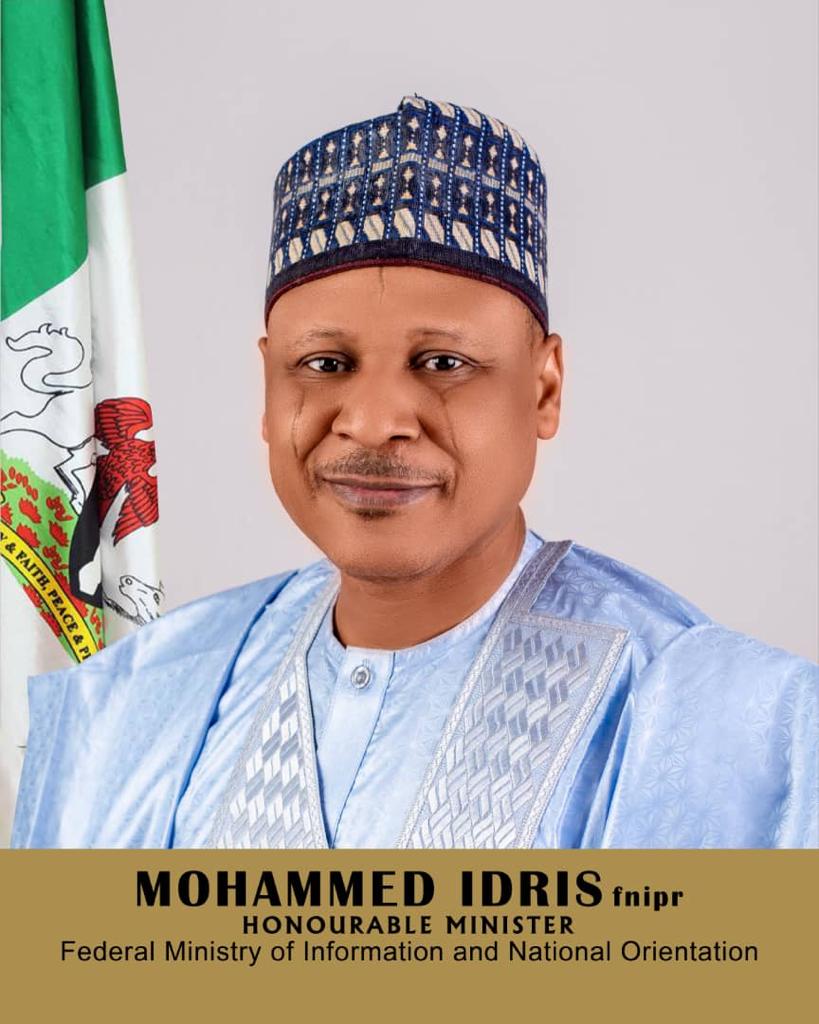The ease of going shopping with which Nigerians thump their chests around the world, brandishing credit and debit cards in their habitual lavish purchases, could not have been possible without the dedication of the Committee of Chief Compliance Officers of banks in Nigeria (CCCOBIN). These were drawn from all Deposit Money Banks, DMBs, in the country.
ACCOBIN is celebrating the tenth anniversary of its existence, this year, with activities that began the week, which culminated in the honor they gave to their founders over the weekend, one of whom is Mr. Asishana Bayo Okauru, the Director General of the Nigeria Governors’ Forum, NGF.
As the pioneer Director of the Nigeria Finance Intelligence Unit, Okauru had overseen financial transactions in banks, up to a certain threshold, through the prying eyes of Chief Compliance Officers. The main object of this duty is to track suspicious movement of funds and submit Suspicious Transaction Reports (STR) links to security agencies. Up until 2007, it meant looking at the movement of funds in 87 banks which were eventually pruned to 25 by the then Governor of the Central Bank of Nigeria, CBN, Dr. Charles Chukwuma Soludo. At the time, there was unhealthy rivalry among the banks that they held information back from one another. To the NFIU, this was a red flag as it allowed fraudulent people to commit the same crimes using the same modules in several banks simultaneously. Consequently 419 activity, which the rest of the world referred to as “Nigerian letters,” had a free reign.
What to do? The NFIU, under Okauru, invited the banks to form a committee which eventually metamorphosed into what is today the ACCOBIN. Hitherto, it was known as the Committee of Chief Compliance Officers of Banks in Nigeria, CCCOBIN. Their new logo and emblem was unveiled as part of the week-long celebration. They began to share information and this stemmed 419 and reduced financial crimes in Nigeria to a reasonable extent.
In the words of members of the ACCOBIN, 2007 was an inflection point in their distinguished history that the association looks at to see how it ensured that its dream of sanitizing the Nigerian financial environment remains relevant and sustainable intellectually, ethically, economically, and socially, and also added that “Okauru sowed the seed of what we are celebrating today”. While trying to upgrade the anti-money laundering regime in Nigeria, Okauru had aided the coming together of ACCOBIN to share information among themselves, something they once thought was inimical to their respective banks’ progress.
Okauru himself told of how the NFIU itself was formed and got Nigeria admitted into the Egmont Group on May 30, 2007 and Nigeria became a compliant country among AML/CFT stakeholders globally.
Just after it was established Okauru had visited France with the pioneer Chairman of the Economic and Financial Crimes Commission, EFCC, Malam Nuhu Ribadu, who was, by the way, also celebrated by ACCOBIN, at the occasion. In France, members of the world’s antigraft community reached out to congratulate Ribadu for the birth of the FIU in Nigeria. Ribadu became curious and set out to know more about FIU’s and discovered that there were just two in Africa – one in South Africa and the other in Mauritius.
Ribadu then set up a ten-man committee which went around the world over a year understudying FIU’s. Okauru was a member of that committee and when their findings were eventually submitted to the EFCC Chair, he was selected to head Nigeria’s FIU.
By 2007 Nigeria had applied to be a member of the Egmont Group and was admitted along with nine other countries. This gave Nigeria and Nigerians access to conducting financial transactions worldwide, using what Nigerians commonly call ATM cards.
From then on, VisaCard, MasterCard and all other cards which were mere baggage in the wallet in Nigeria became legal tender at home, as they were abroad. Nigeria was removed from the Financial Action Task Force list of Non-cooperative countries and Territories (NCCTs), the rogue nations of economic transactions.
In its letter to Okauru, signed by Franklyn Bennie, Chairman, Planning Committee, ACCOBIN said it was honoring Okauru “for his contributions to the advancement of the committee.” Access Bank and a few other people were honored along with Okauru at the occasion.



